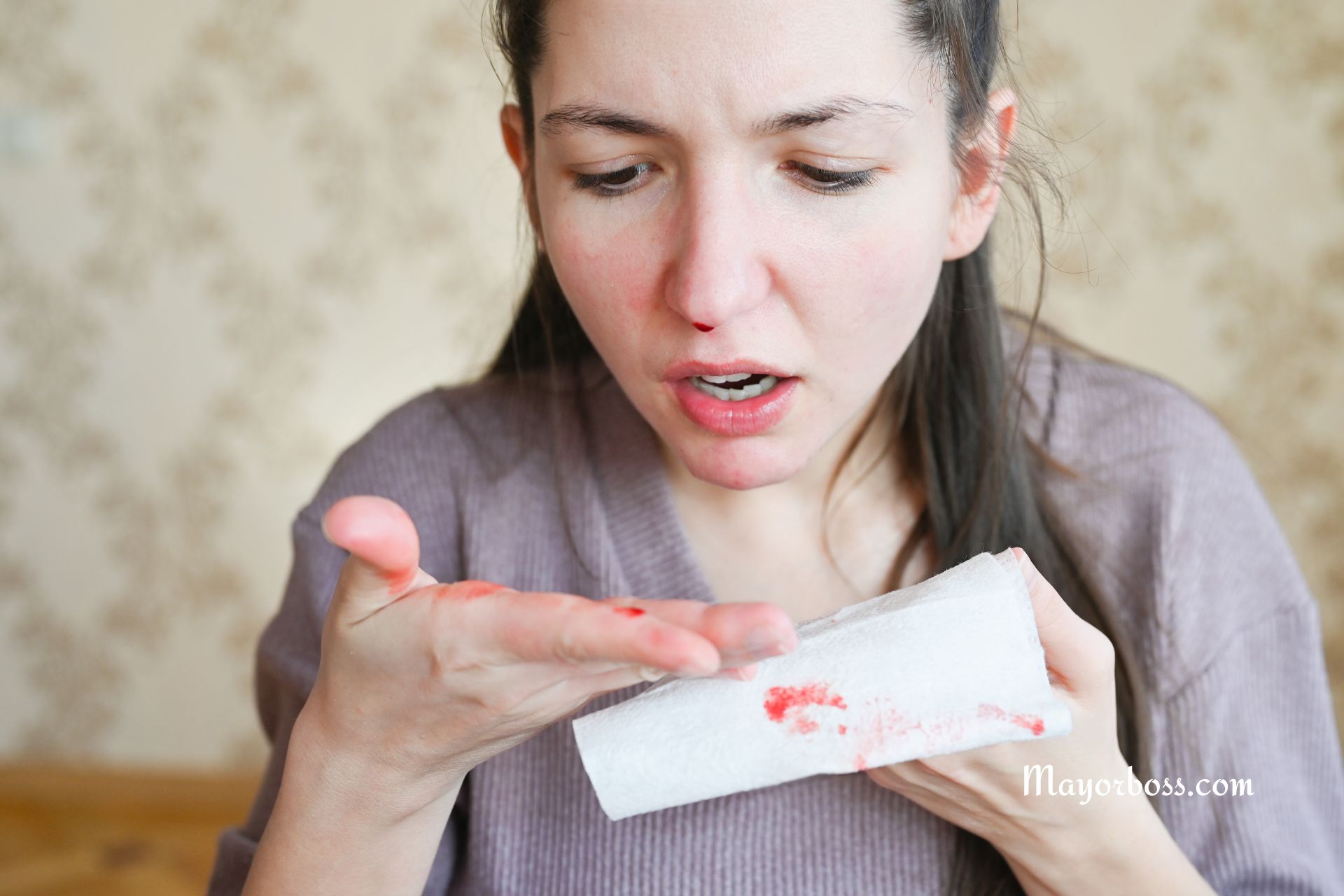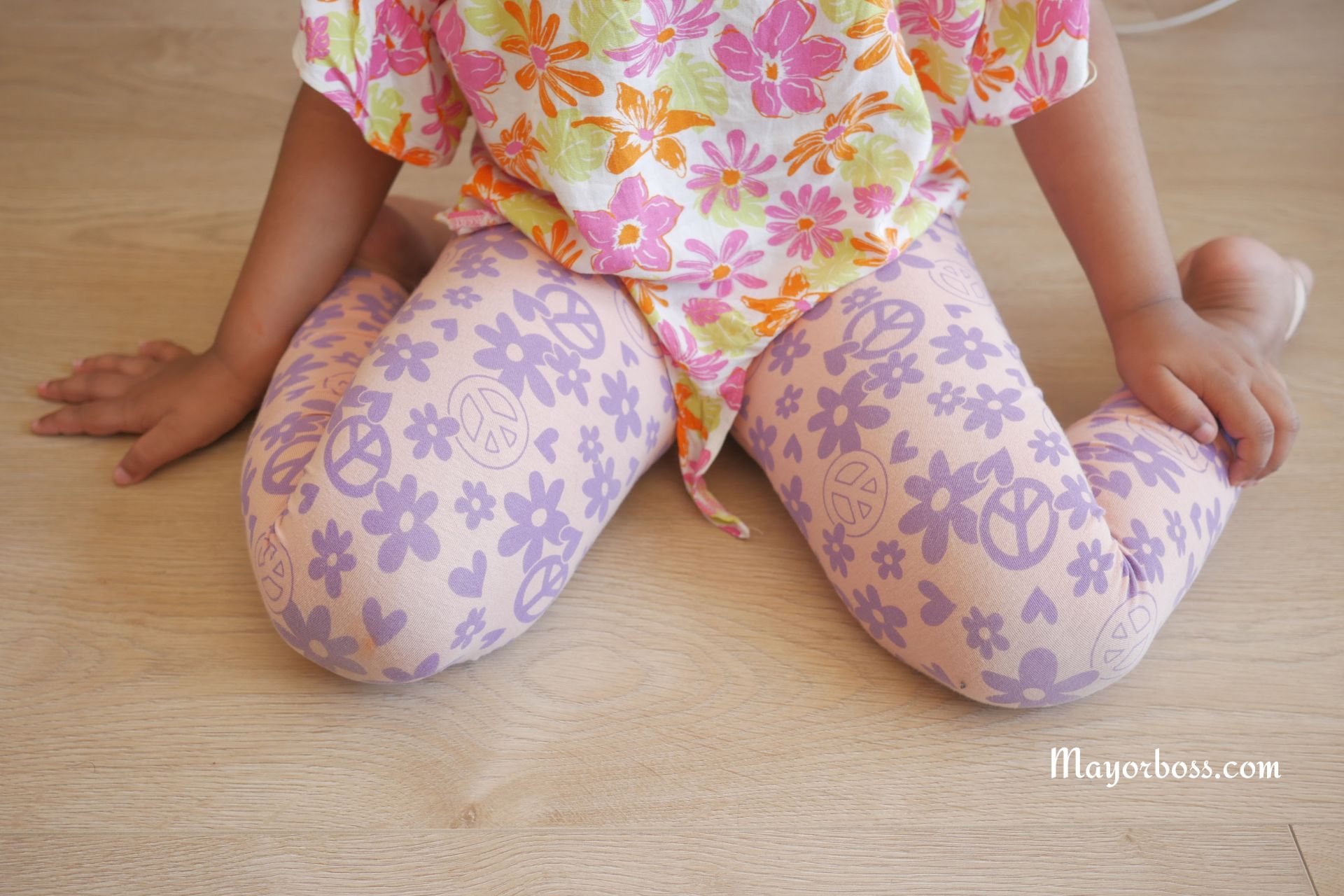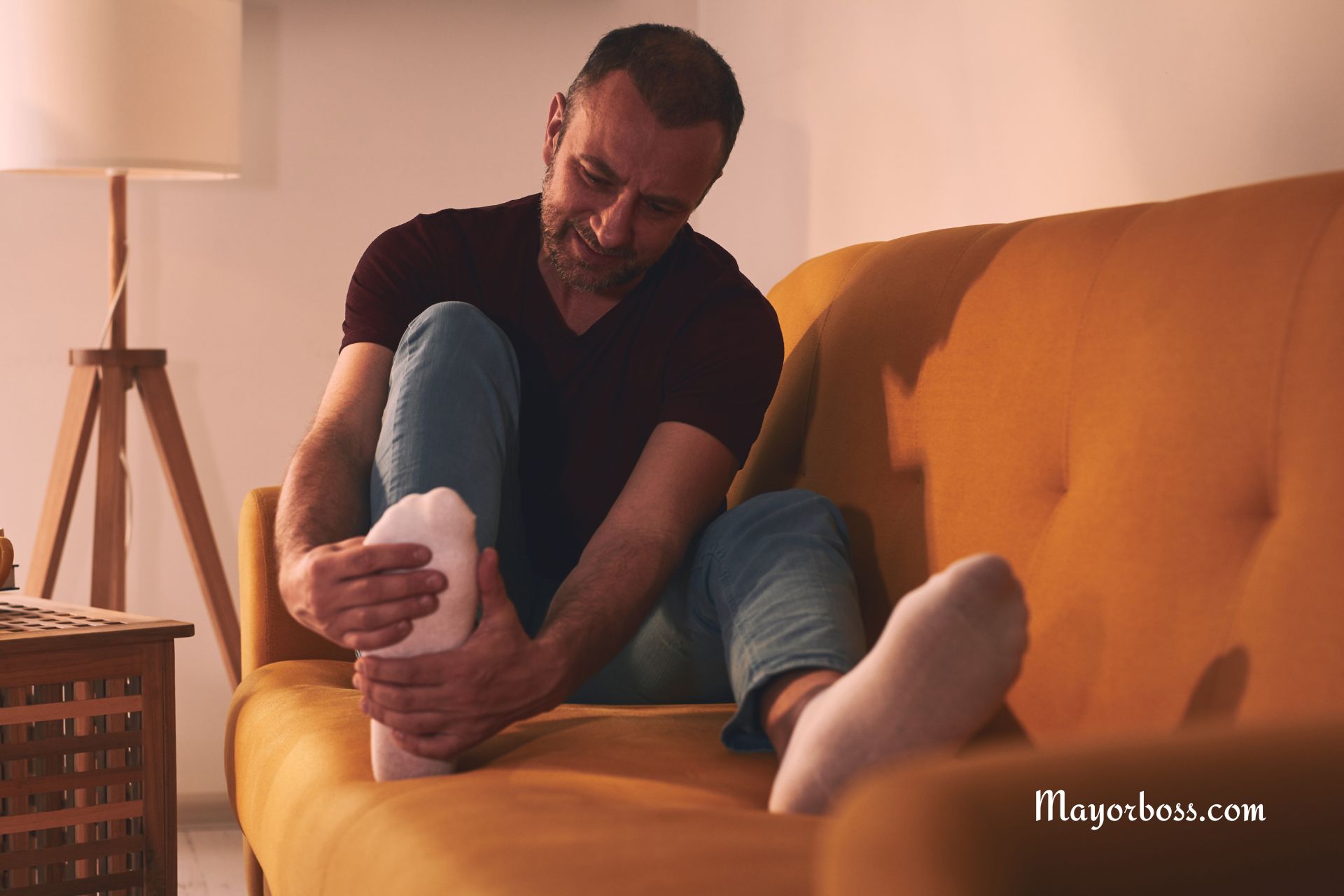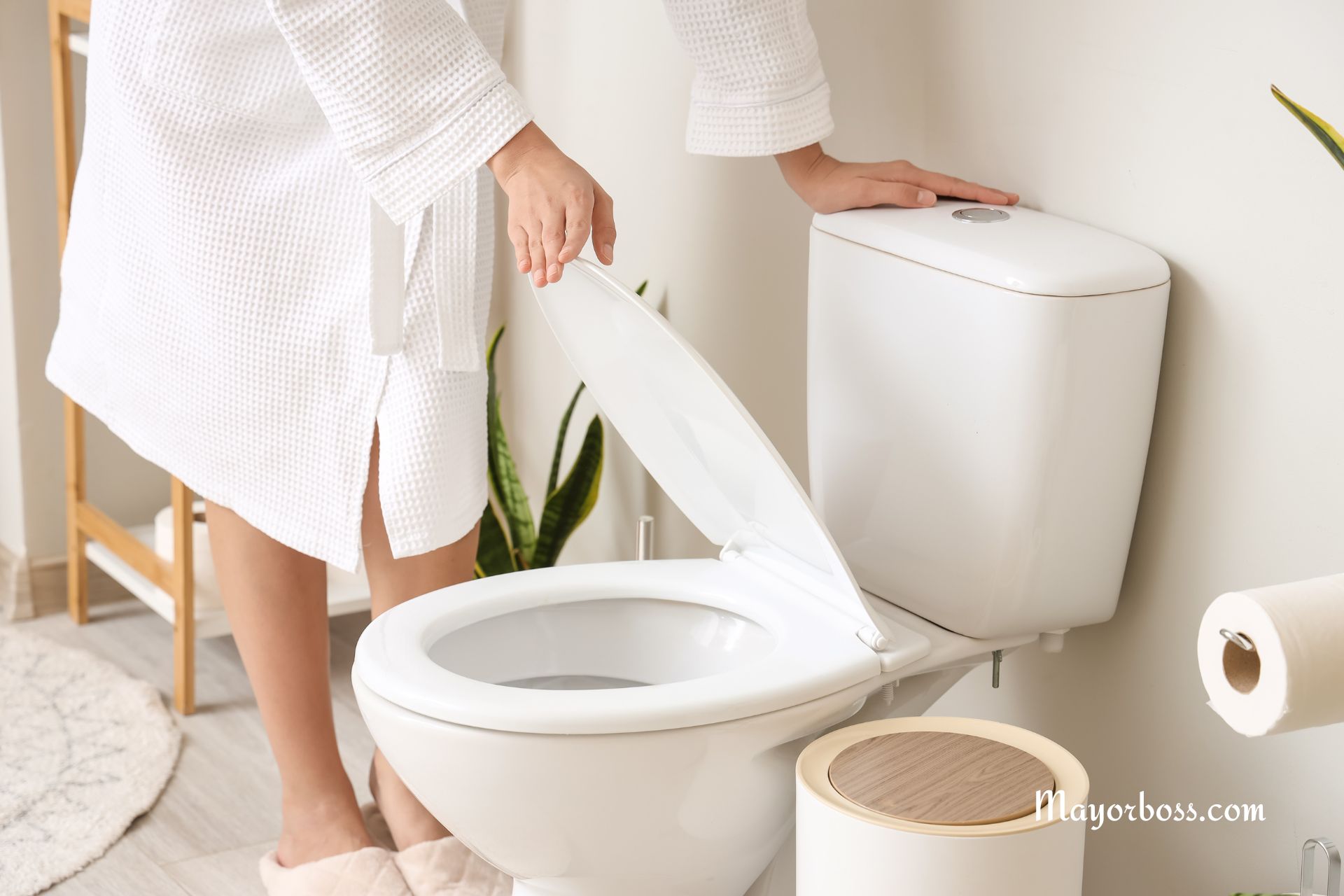What Causes Adult Bedwetting: 5 Common Causes
You might be wondering, “Why would we discuss something like bedwetting among adults? Isn’t it a problem usually associated with children?” Well, let me tell you that it isn’t just a childhood issue. Adult bedwetting, also known as nocturnal enuresis, is a serious problem for many and could be an indicator of various underlying health conditions. This article dives into the five most common causes of adult bedwetting.
Now, if you’re thinking, “This doesn’t apply to me,” I encourage you to stick with me here. Even if it’s not a personal issue, knowing these causes could help someone you care about someday. It’s always good to be informed, isn’t it?
Common Causes Of Adult Bedwetting.
1. Urinary Tract Infections (UTIs)
First and foremost on the list is urinary tract infections, commonly known as UTIs. An infection in your urinary tract can cause bladder control problems leading to nighttime wetting. “Urinary tract infections can cause inflammation and irritation in the bladder, making it difficult for an individual to control urination,” says Dr. Hapych, a renowned family doctor. And here’s the interesting part: UTIs are often caused by bacteria that enter the urinary tract, which could potentially be managed by keeping good hygiene. So, the first step to control adult bedwetting might just be as simple as maintaining cleanliness.
2. Diabetes
Yes, you heard it right! Diabetes can be a cause of adult bedwetting. Diabetes leads to high sugar levels in your body, which in turn leads to frequent urination and might result in bedwetting. Dr. Hapych explains, “Increased sugar levels in the body lead to excessive urine production, causing one to urinate more often, and in some cases, this can result in bedwetting.” So, maintaining a balanced diet and regularly checking your blood sugar level can play a vital role in managing adult bedwetting.
3. Sleep Apnea
It might sound surprising, but sleep apnea, a serious sleep disorder, is another common cause of adult bedwetting. In sleep apnea, breathing continually stops and starts during sleep. This disruption can lead to the body sending wrong signals, leading to bedwetting. Regularly getting a good night’s sleep and consulting with a sleep specialist if you suspect sleep apnea could be beneficial in managing this issue.
4. Overactive Bladder (OAB)
Overactive bladder, or OAB, is a condition where the bladder can’t hold urine normally. Dr. Hapych notes, “In the case of an overactive bladder, the muscles in the bladder wall contract inappropriately, causing an urge to urinate. This can often lead to incontinence, including during sleep hours.” Regular bladder exercises and lifestyle changes can help control this condition.
5. Stress and Anxiety
It’s worth mentioning that mental health conditions, such as stress and anxiety, can also contribute to adult bedwetting. When you’re stressed or anxious, your body may react in different ways, and bedwetting can be one of those reactions. So, taking steps towards stress management, like regular exercise, meditation, and good sleep, can help manage this issue.
Conclusion
Adult bedwetting can be a disconcerting issue, but remember, it’s not your fault, and it’s more common than you might think. If you or someone you know is dealing with this issue, encourage them to speak to a healthcare professional about it. Remember, it might be an indicator of an underlying health issue, so it’s best not to ignore it. And most importantly, know that it can be managed and treated with the right approach and guidance. So, don’t lose hope. You’re not alone in this.
Whether you’re dealing with this issue or you’re just here to learn, thank you for taking the time to read.
Further Reading: Overactive Bladder Symptoms






